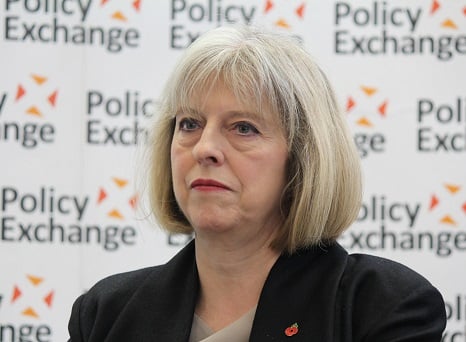Yes, the referendum to leave the European Union took place in June last year, but no, Brexit has not already happened. That will begin to change, of course, this month when Prime Minister Theresa May fulfils her promise to invoke Article 50 and set about the negotiations for an official exit, touted for April 2019.
However, what will actually happen in the process – one that is expected to have a huge impact on the insurance sector.
The exit process
The most obvious point of course is that Britain will leave the European Union, which it originally joined back in 1973. Article 50 was established at the Lisbon Treaty – it is actually only 260 words long (much shorter than the article you are reading) but outlines that the departing country has a two-year window in which to establish its future relationship with the EU.
May has been held back thus far because the UK Supreme Court made a ruling that she could not invoke Article 50 by herself – and instead needed official permission from Parliament. This has been caught up in wrangling because while the House of Commons quickly passed her bill outlining the intentions, the House of Lords demands guarantees for EU citizens already in the UK as well as a “meaningful vote” on the final deal – something that May has asked the House of Commons to overturn.
The clock should start ticking later this month – with March 15 the earliest opportunity for May to invoke Article 50 and get the process under way. However, it is more likely that the process will begin towards the end of the month.
Want the latest insurance industry news first? Sign up for our completely free newsletter service now.
What will happen in the talks?
May has revealed her intentions to pull the UK out of the single market – in what has been described as a “hard” Brexit. She wants control over immigration laws and the economy – two of the key issues that prompted the UK public to vote “leave”.
However, she also wants a good deal for future trading with the bloc, as well as the opportunity to negotiate freely with the US and other economies.
The sticking points for Europe are likely to be a reluctance to allow the UK to “cherry pick” the points of EU membership it wants to retain – doing so might prompt others to follow suit. Some countries will want guarantees for their citizens already living in the UK; with May likely to seek the same for Brits abroad.
The bill
One of the biggest sticking points would appear to be the bill that the UK will be asked to pay to leave the EU. There have been indications that Britain will be asked to cover commitments in terms of budget and pension payments as well as those for infrastructure projects it had agreed to participate in and its guarantees on loans.
Overall, the sum is estimated to be in the region of 60 billion euros – but lawyers have argued that there is no obligation in place to make these payments. The issue is likely to be highly contentious.
What happens if they can’t agree?
If a deal is not reached within the two year window, Britain will still leave the EU and disagreements would likely go to court. That is a situation, however, that both sides will want to avoid as it would expose them to tariffs from the World Trade Organization on any UK-EU commerce – tariffs that push up taxes by around 10% on cars, as an example.
This could be avoided, however, if the two sides agree to a period of transition with the existing agreement in place – however, this may not come soon enough to stop businesses looking to shift operations elsewhere.
The hope for Britain
Theresa May is putting a positive spin on the negotiations suggesting that Britain has a position of strength given how much goods it purchases from the EU – something the bloc would not want to lose. In addition, she could make Britain a low-tax haven for businesses to draw companies into the UK.
In short, things could get very complicated – but within a couple of weeks it will be official that there is no turning back.
Related stories:
London market seeks new EU cross-border deal for insurers
AIG reveals European destination


